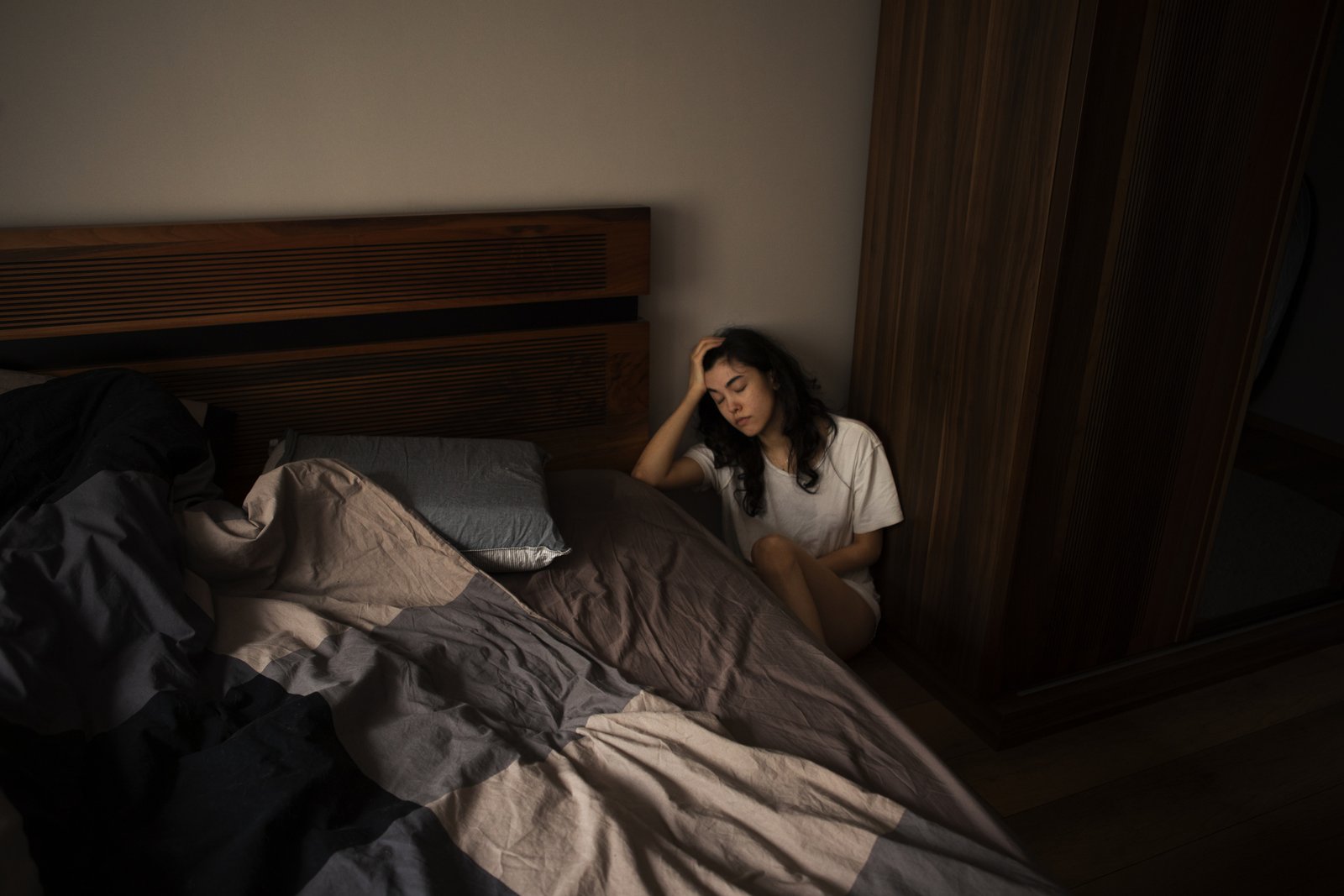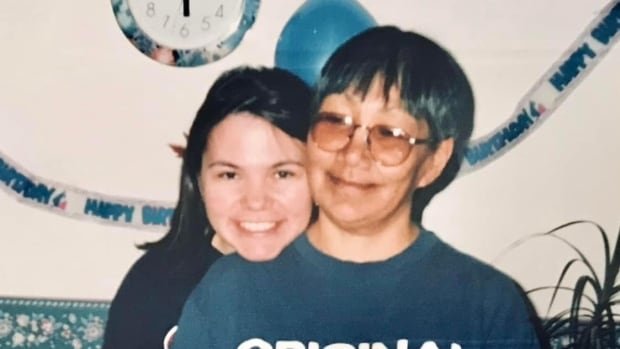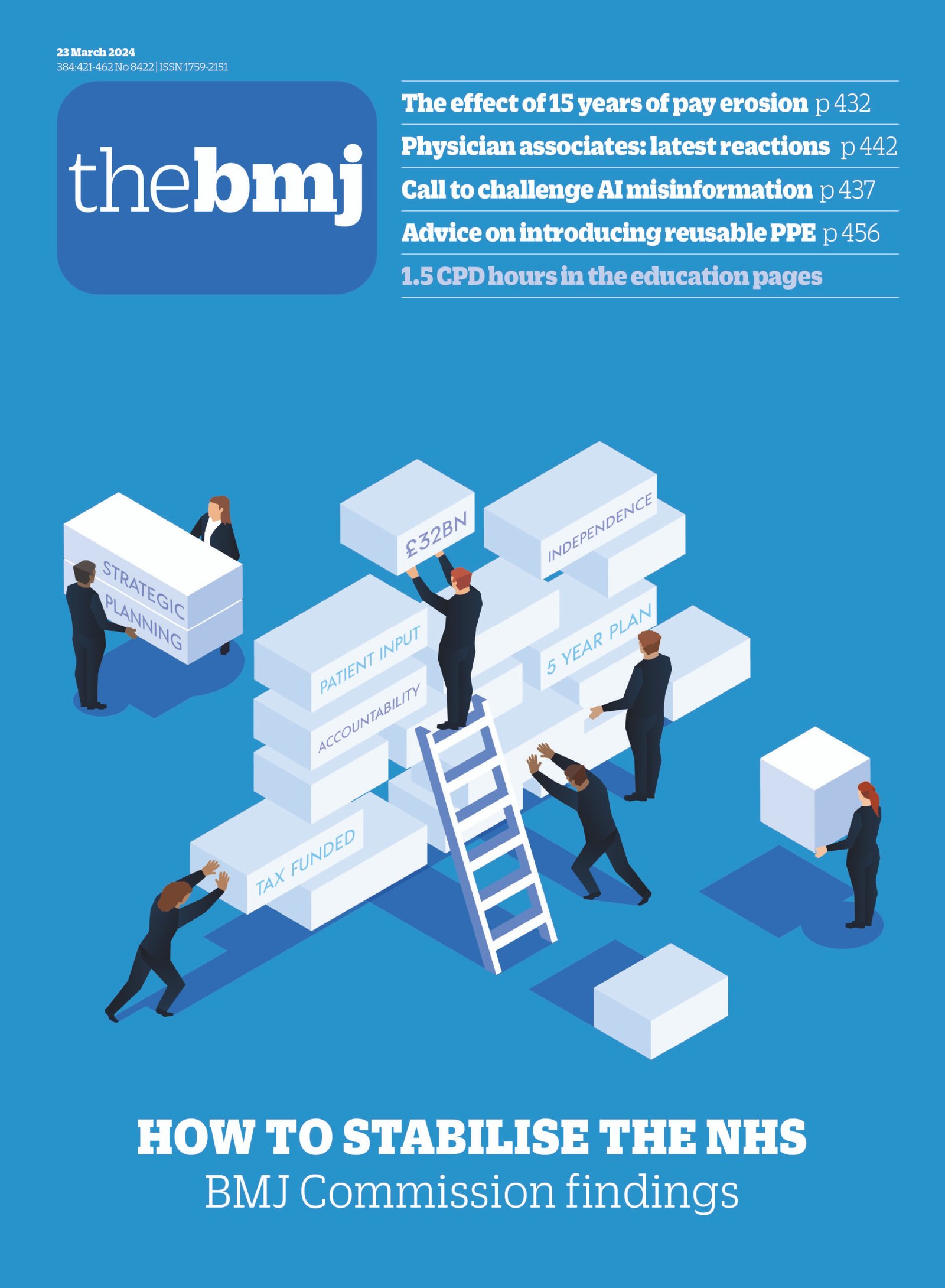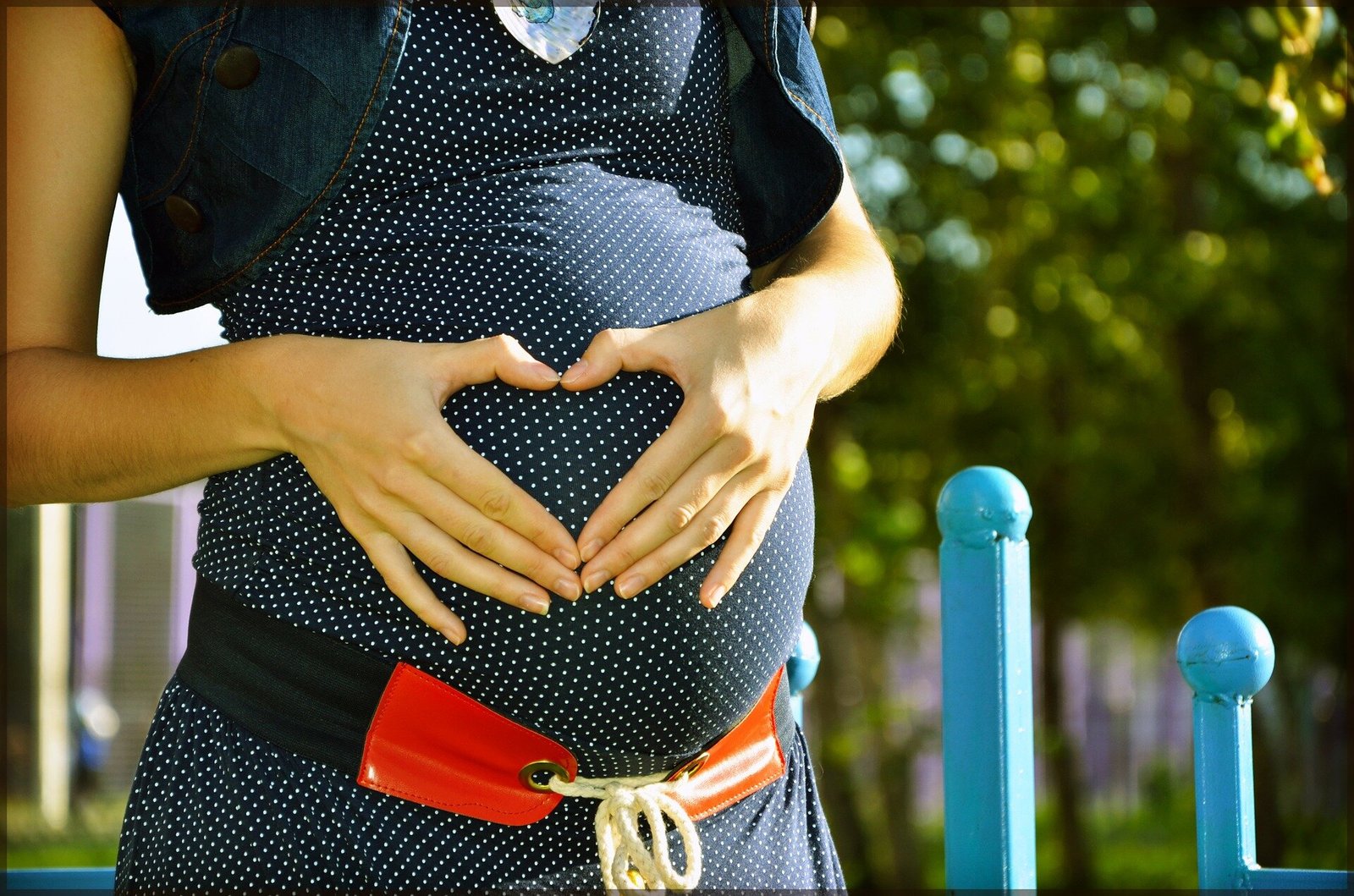Quality sleep is known to help with mental well-being. However, can sleep disruption or insufficient sleep lead to homicides and suicides in vulnerable individuals?
According to a recent analysis of national data spanning the past 15 years, the risk of suicides and homicides peaks at night. Researchers from the University of Arizona College of Medicine, Tucson, who conducted the analysis, also found that nocturnal wakefulness, age, alcohol use, and relationship conflicts are major contributing factors to this increased risk.
“Disrupted sleep may acutely impair rational thought, which can drive impulsive behaviors in vulnerable individuals. Our analysis of 15 years of data across the U.S. showed that there is a five-fold greater risk for suicide and an eight-fold greater risk for homicide between 2 a.m. and 3 a.m. when adjusting for the number of people who are awake and capable of suicide or homicide,” said first author, Dr. Andrew Tubbs, in a news release.
The study noted that 19% of suicides and 36% of homicides occur at night. Although both types of violent deaths share little in common, the researchers found that nocturnal wakefulness is a common factor.

“In our review of more than 78,000 suicides and 50,000 homicides, we can find some insight into why nocturnal wakefulness – what we are calling ‘the mind after midnight’ – carries a distinct risk for dysregulated behaviors,” the study’s senior author Michael Grandner said.
In The Mind after Midnight hypothesis, researchers propose that nocturnal wakefulness increases the risk for dysregulated behaviors.
They believe that being awake at night impairs the brain’s complex decision-making abilities and reduces rational thinking during a time when the mind is at its peak of negative mood, or the lowest point of positive mood and when risk/reward processing is distorted.
The analysis showed that there was a threefold greater risk of suicide in individuals aged 15-24 years at night. However, for older adults, the unexpected peak in suicide risk occurred at 6 a.m. Homicide risk did not vary by age, but young adults made up more than half of all homicide victims.
“The findings supported that hypothesis. The nighttime risk was greater among adolescents and young adults, people who were intoxicated with alcohol, and those experiencing current partner conflict, conflict, but not among those who used cannabis or were currently depressed,” the news release stated.
If you or someone you know is struggling or in crisis, help is available. Call or text 988 or chat 988lifeline.org










